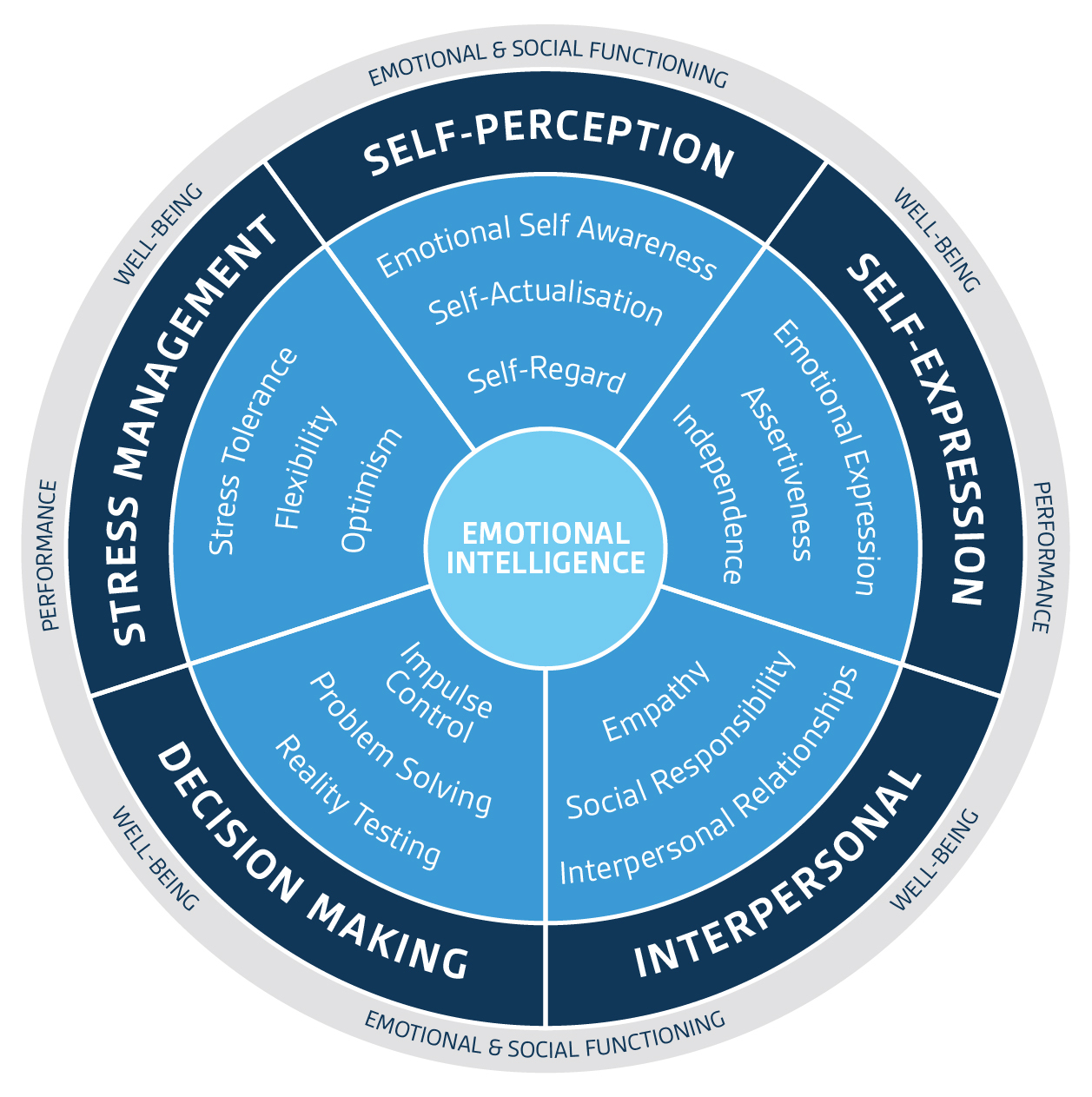EQ for better leadership
3 min read
First off let’s take a tour of what Emotional Intelligence (EQ) is and highlight how it could be considered MORE important in the workplace than IQ.

The Cambridge dictionary defines emotional intelligence as this ‘the ability to understand the way people feel and react and to use this skill to make good judgments and to avoid or solve problems’.
Does this sound like a brilliant tool to have as a leader?
Let’s dive deeper; Psychology Today says the following; ‘Emotional intelligence is generally said to include a few skills: namely emotional awareness, or the ability to identify and name one’s own emotions; the ability to harness those emotions and apply them to tasks like thinking and problem solving; and the ability to manage emotions, which includes both regulating one’s own emotions when necessary and helping others to do the same.’
Now it’s really starting to take shape as to why YOU as a leader, manager, supervisor or indeed colleague need to understand whether you’ve harnessed your full EQ potential.
There’s four areas to consider when it comes to EQ as a leader:
- Self-management
- Self-awareness
- Social awareness
- Relationship management
Self-management
In 1999 Peter F. Drucker wrote about ‘Managing Oneself’. This management theory is so relevant today. As a manager it’s imperative that you manage yourself before even trying to manage anyone else.
Often leaders and managers don’t understand their strengths. Sometimes they haven’t understood how they operate and the impact that has on the people around them. Having your values and maintaining them can also be an challenge if you’ve not spent time understanding your EQ.
Self-awareness
Having ‘conscious knowledge of one's own character and feelings’ is not as easy as it sounds. Often managers will try to change themselves; that’s the last thing you should try to do. Life is a journey and we’ll grow as we go. Emotional intelligence helps with being aware of the areas you need to develop or learn so that growth is stronger.
Social awareness
This is a key component of EQ; as a leader you MUST be able to understand the emotions of people around you. As important is knowing what the impact of your actions and behaviour will have on your team. Empathy is a core skill (or trait) leaders need and is all about taking your focus OFF yourself and onto others.
Relationship management
Seems obvious if you are a leader. It’s an essential emotional intelligence skill because it will enable you to manage change effectively because your team will feel supported and listened to if you have connected with them properly.
This element of EQ is last because you’ll need to deploy everything else above in these situations because relationships are complex.
All four elements can be worked on, mapped out, explored, discussed and focussed on with an emotional intelligence learning and development programme.
As simply put to leaders: the better your EQ is the better you are at handling stress, emotions, people, situations, conflict, challenges, and the list could go on. The other part to consider is that your emotional intelligence doesn’t just impact on your performance at work but also your mental health, your personal relationships, and your ability to be in tune with social settings.
The benefits of exploring EQ with an expert are endless and the results are overwhelmingly beautiful to see as a coach.



